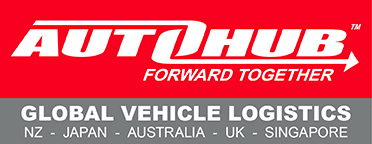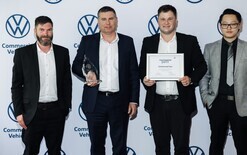Electric rebates across Tasman

Western Australia’s announcement of AU$60 million, or about NZ$66m, in funding to support the uptake of electric vehicles (EV) has been praised by the Federal Chamber of Automotive Industries (FCAI).
The package includes funding for charging infrastructure, and the introduction of a road-user charge (RUC) for zero and low-emissions vehicles.
“The state government’s commitment of $22.6m to expand charging infrastructure is a proactive step towards preparing for the future electrification of our road network,” says Tony Weber, the FCAI’s chief executive.
“The inclusion of 10,000 rebates of $3,500 [NZ$3,850] for a new EV or hydrogen fuel-cell vehicle [FCEV] is positive for automotive manufacturers and Western Australians.
“These rebates are going to help make owning EVs or FCEVs possible for more road users. It sends a positive signal for car manufacturers and motorists that electrification will be a key element in Australia’s transport future.”
Weber, pictured, adds the introduction of a RUC from 2027 for zero and low-emission vehicles is consistent with tax reform undertaken by other jurisdictions.
“However, the FCAI maintains all taxes and charges related to vehicles should be replaced with one RUC, which can apply to any type of powertrain.”
Fuel-quality boost
The FCAI has also acknowledged the federal government’s allocation of AU$250m, around NZ$275m, in funding to improve Australia’s fuel quality as an important step in reducing transport-sector emissions.
“A reduction in sulphur is a move in the right direction,” says Weber. “This will assist Australia’s internal-combustion fleet to run more efficiently.”
That said, further work needs to be done to bring Australia’s fuel quality in line with global standards.
“Our fuel quality is lagging two decades behind the advanced world. This impacts the environment and engines available to motorists. If taxpayer funds are used to assist the refining industry, Australians should be provided with world quality fuel in return.”





